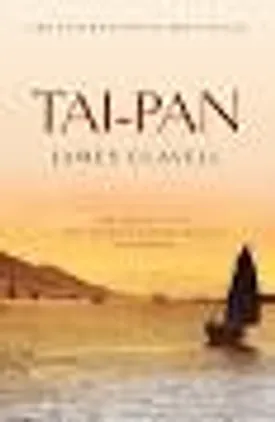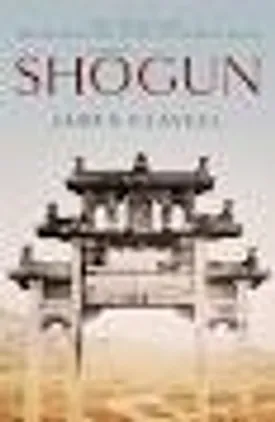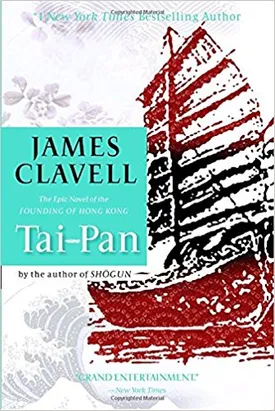James Clavell
James Clavell was an internationally renowned author and filmmaker best known for his sprawling, historical fiction novels that explore the grand themes of love, war, and personal history. Born in Sydney, Australia in 1921, Clavell is noted for his sweeping chronicles of East-meets-West melodrama. His most popular works include the six-volume Asian Saga series—Shōgun, Tai-Pan, Gai-Jin, King Rat, Noble House, and Whirlwind—as well as the stand-alone novels, “The Children’s Story,” “Tai-Pan,” and “Noble House.”
At the start of his career, Clavell—then known as Charles Edmund DuMaresq de Clavelle—worked in the British film industry as both a scriptwriter and film producer. He was also involved with several high-profile Hollywood projects, most notably 1962’s “The Great Escape,” the star-studded epic based on a true story of Allied POWs’ daring escape from a Nazi POW camp. Clavell’s script earned him an Oscar nomination.
Throughout his life, Clavell maintained a deep interest in East-meets-West conflict. His research into this subject inspired his first novel, “King Rat,” a novel based on his experiences as a Japanese prisoner of war during the second world war. This was the first in Clavell’s six-volume Asian Saga series, which is credited with popularizing Orientalism in Western literature.
The Asian Saga explores cultural clashes across continents, nations, and religions. Focused on the historical relationship between eastern and western powers, particularly during the mid-19th_century, each book in the series has a distinct theme. While each novel stands alone, the series is noteworthy for its cross-referencing of characters, events, and places, lending it a sense of great texture and depth. The Asian Saga’s stark, vivid imagery and themes of love, honor, loyalty, and alliances anchor the grand chronicles through which Clavell weaves the intricate paths of his characters’ lives.
Clavell’s novels were popular with readers for their epic story arcs, and for their ambitious character development. At their heart, Clavell’s stories are intensely personal, and his characters are often flawed and morally ambiguous—both conflicting forces that readers can identify with and journey along with. Clavell himself once famously said, “History is made up of all our little stories,” a sentiment that permeates his novels.
In addition to the Asian Saga series, Clavell wrote several other stand-alone novels, including “The Children’s Story.” This novel, set in a rural town during the Holocaust, follows the journey of a Jewish family’s struggle to survive Nazi genocide. Similarly themed, “Tai-Pan” traces the life of Dirk Struan, a Scottish trader who struggles to build his business and preserve his family’s honour in 19th-century Hong Kong. His final novel, “Noble House,” which has been described as a ‘modified, fictionalized account of the rise and fall of a global corporation,” takes readers from the world of investment banking to the the waterfronts of 19th-century Asia.
Over the course of his career, James Clavell wrote 16 novels, two screenplays, and a short story. He also authored several non-fiction works, notably his autobiographical account, “The Children’s Story.” He won a Golden Globe Award for his work on the movie adaptation of “Shōgun”, and his books have been translated into dozens of languages. Clavell died in 1994 at the age of 73.
James Clavell was an accomplished author, filmmaker and adventurer whose work continues to inspire readers and viewers. His sweeping tales of East-meets-West clashing, starting with his classic Asian Saga series and extending to his later stand-alone works, remain some of the most engaging and influential works in contemporary fiction. Audiences around the world continue to be enthralled by Clavell’s intricate character arcs and grand themes, and his legacy has left a lasting mark on literature and filmmaking.



